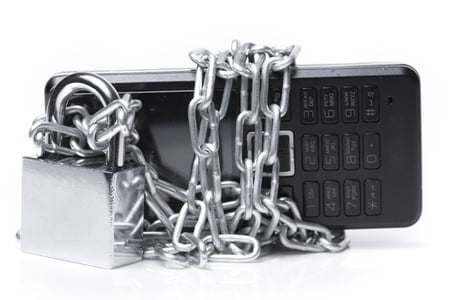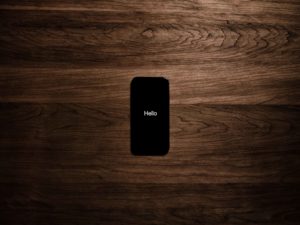Telecommunications Restriction Orders
Last week (11 August 2016), the MoJ issued a press release describing new measures, introduced through the Serious Crime Act, which mean prison governors will no longer have to physically find illegally-held mobiles in jails or use expensive mobile phone blocking technology to stop their use. The Press Release is reproduced below.
Prison staff or the police will instead be able to cut off the phones remotely just by producing evidence that a given mobile number is being used illicitly.
Once a number is identified, they will be able to apply to the courts for a Telecommunications Restriction Order (TRO). This will mean mobile networks can be instructed to blacklist the phone remotely, making it completely unusable.
Recent examples of criminals using phones in prison include an offender using a concealed mobile to plot his escape after being jailed for gun crimes. The attempt was foiled by police and the prisoner was sentenced to an additional 5 and a half years in prison.
Security Minister Ben Wallace said:
Criminals are locked up to protect communities from their actions – so it is totally unacceptable for them to continue their life of crime behind bars.
Telecommunications Restriction Orders will give us the power to disconnect the phones prisoners use to continue orchestrating serious crimes while in jail.
This government will act wherever necessary to cut crime and keep our communities safe – and to restore the public trust that is so vital to our justice system.
Prisons in England and Wales already use a number of covert techniques to identify which devices are being used within an institution. This information will then be supplied to police and law enforcement agencies so an application for a TRO can be made.
Justice Secretary LizTruss said:
We are determined to do all we can to prevent prisoners having access to mobile phones.
We are stepping up measures to find and block them and empowering prison officers to take action. I am determined to make sure our prisons are safe and places of rehabilitation.
The TROs will support the government’s commitment to drive down crime committed by criminals working on the inside and provide a speedier response to what has become an increasing threat within our prisons. In comparison to other techniques, including mobile phone blocking technology, TROs can be implemented without the need to physically obtain a handset before action can be taken.
The new powers will operate within the Serious Crime Act 2015 and provide mobile network operators with the legal framework to ensure unauthorised mobile phones are put beyond the reach of criminals.
They will be overseen by the Investigatory Powers Commissioner who will examine the effectiveness of TROs by looking at a variety of indicators, including the number issued and the number of phones disconnected.
Analysis
The number of mobile phones inside has increased massively over the last 5-10 years with most commentators attributing the rise to corrupt prison staff.
This is the first major initiative to tackle their use in prison and it will be interested to see how widely the powers are used and whether they have any impact on mobile phone use inside.




2 Responses
The problem with ‘recent examples of mobile phones being used in prison’ is that the only examples in the public domain are those where someone has been using a phone to commit crime. 15,000 phones and SIMs were recovered last year – clearly not all of those were involved in further crime. Many are used to keep in touch with family and friends. Many prisoners have only an hour or two out of cell each day, and it is impossible for everyone to get to a phone (even if the phone is working!) when they need to. If the MoJ really wants to solve the problem of mobile phones in prison, it should look at ways to make telephone contact with families accessible and affordable. Most private prisons have in-cell telephones. I don’t know but I suspect that those that do have less problems with illicit mobiles.
Hi Emily
Agreed. The solution is landlines installed in cells as happens in some Serco prisons: https://www.theguardian.com/society/2011/may/17/smuggled-mobile-phones-prison?INTCMP=SRCH
Best Wishes
Russell